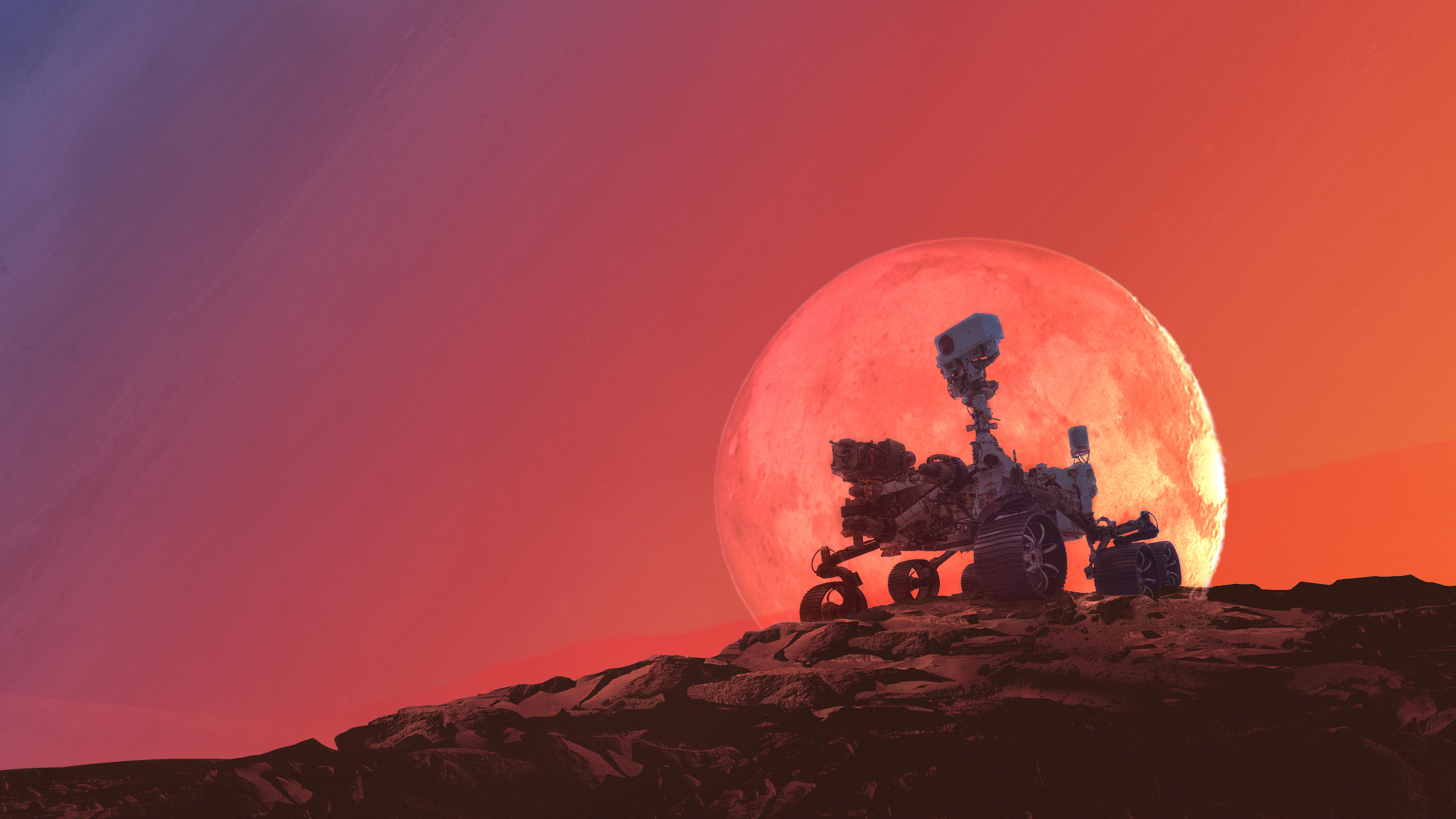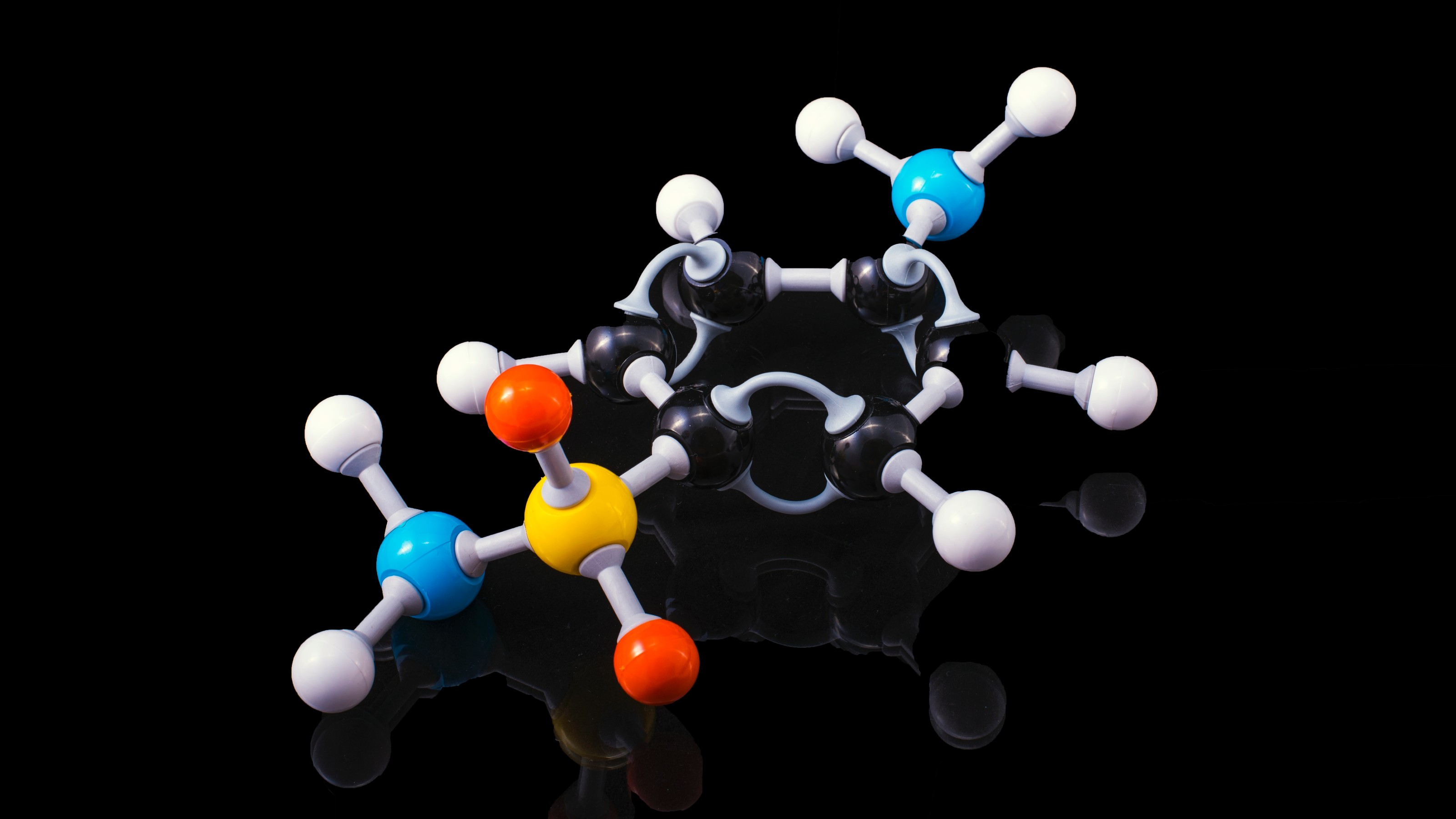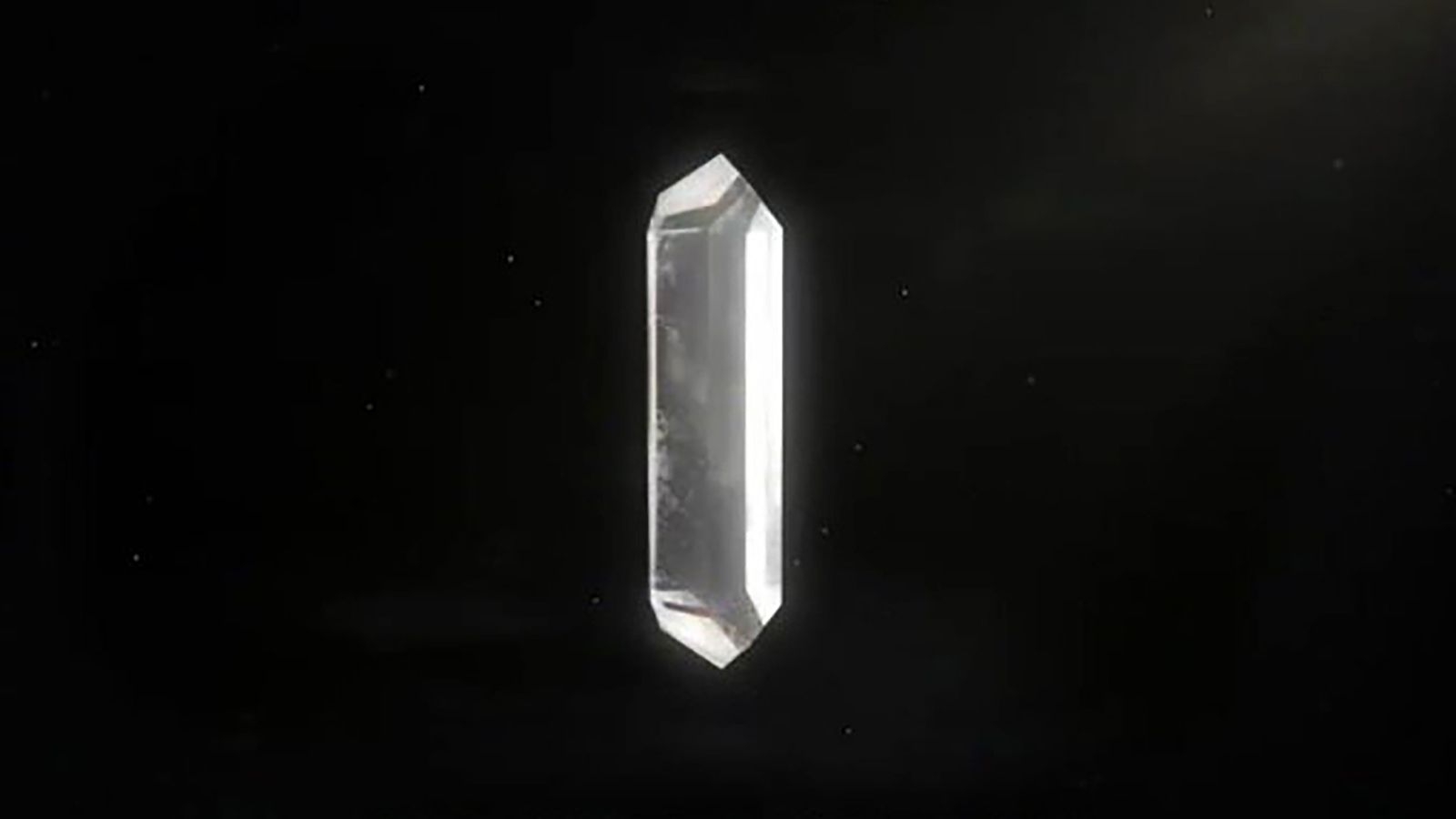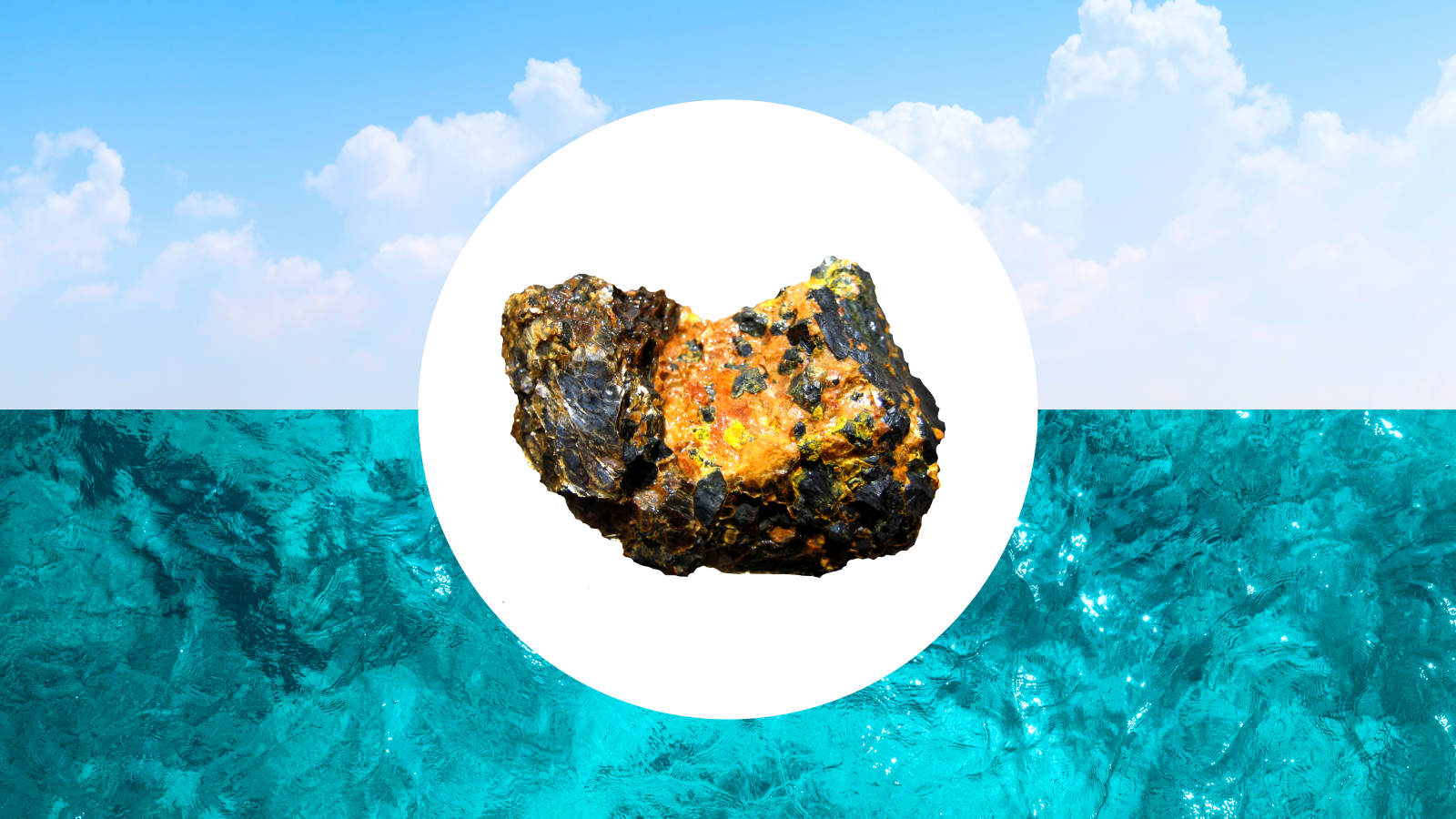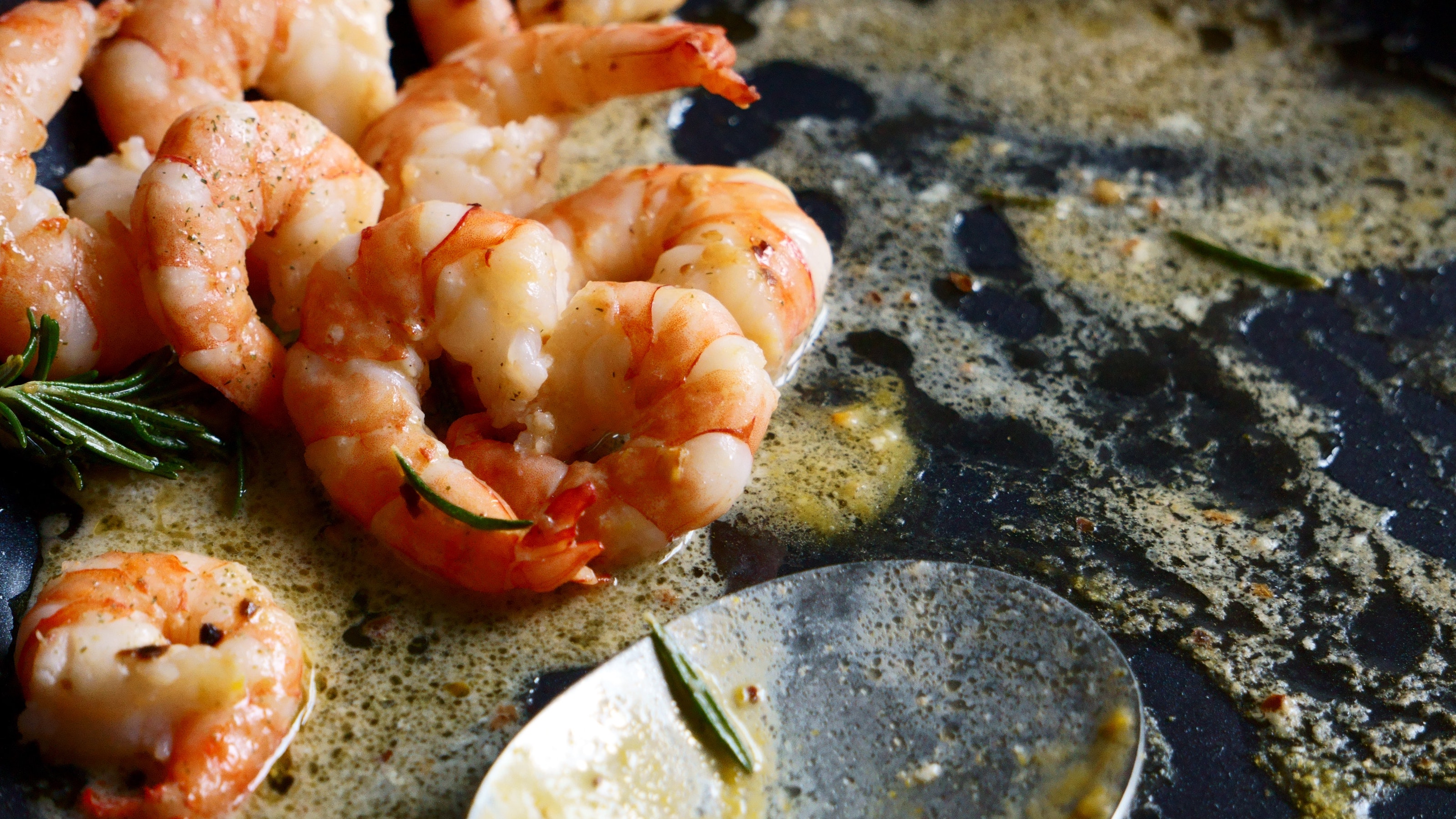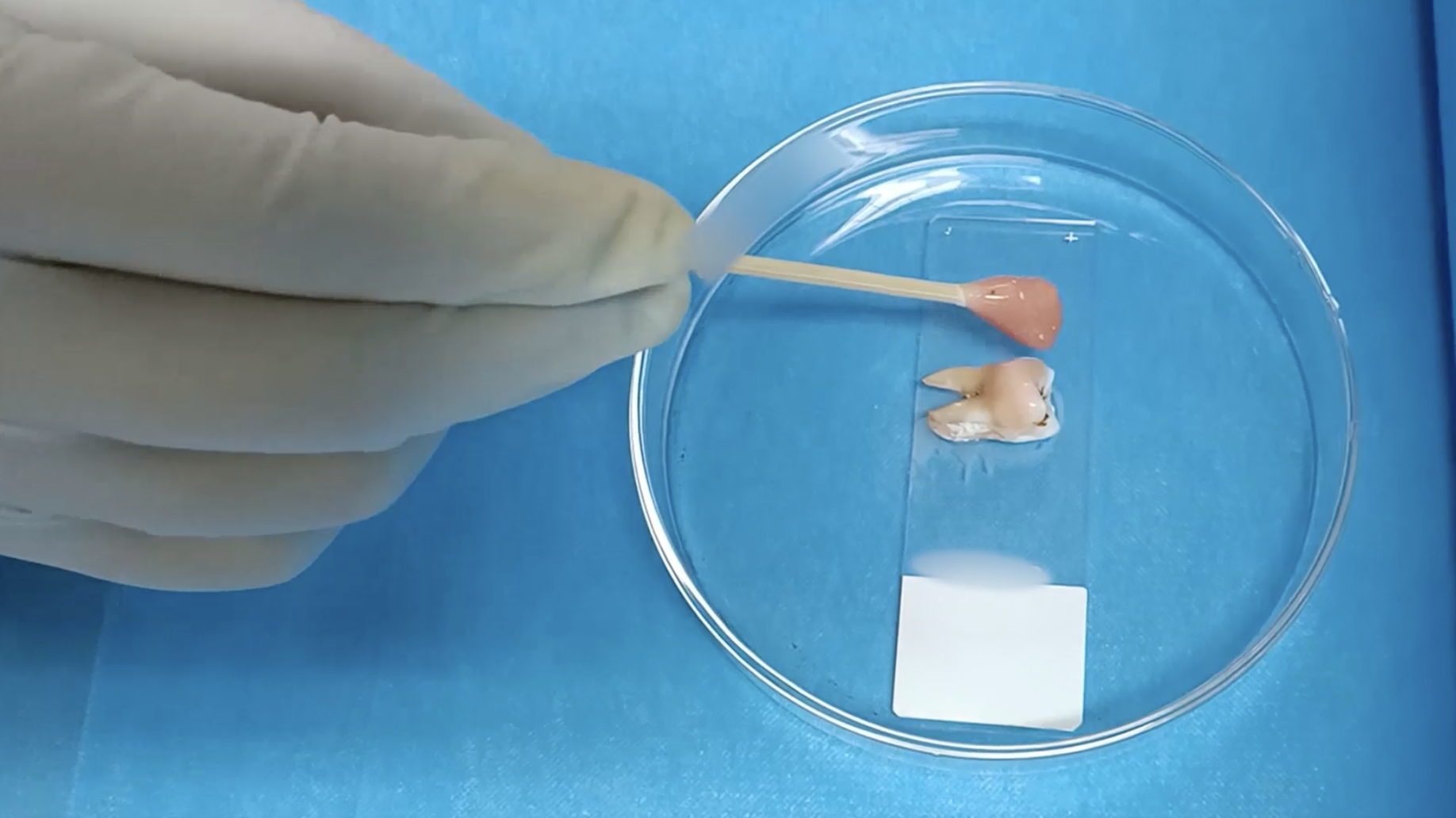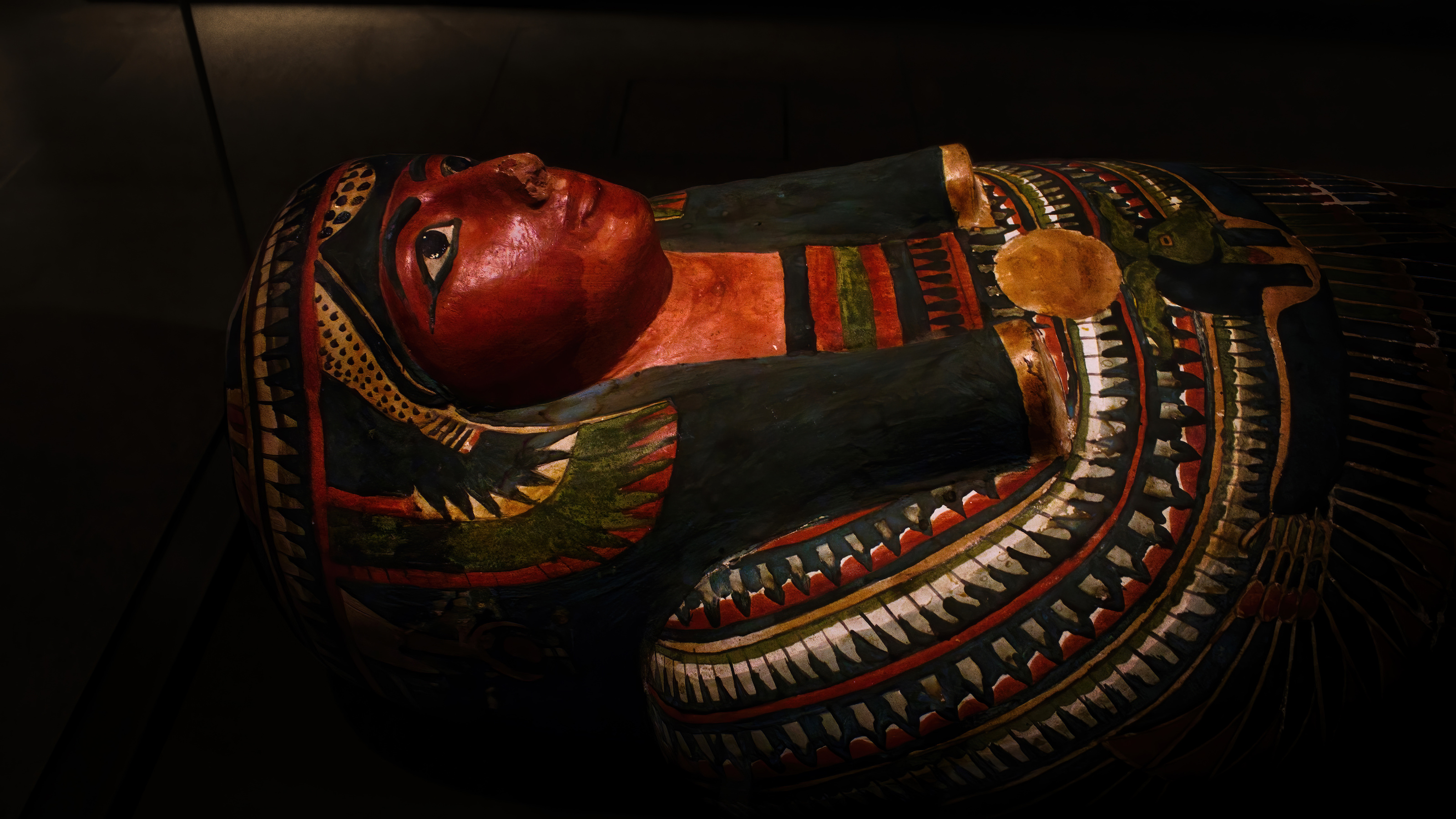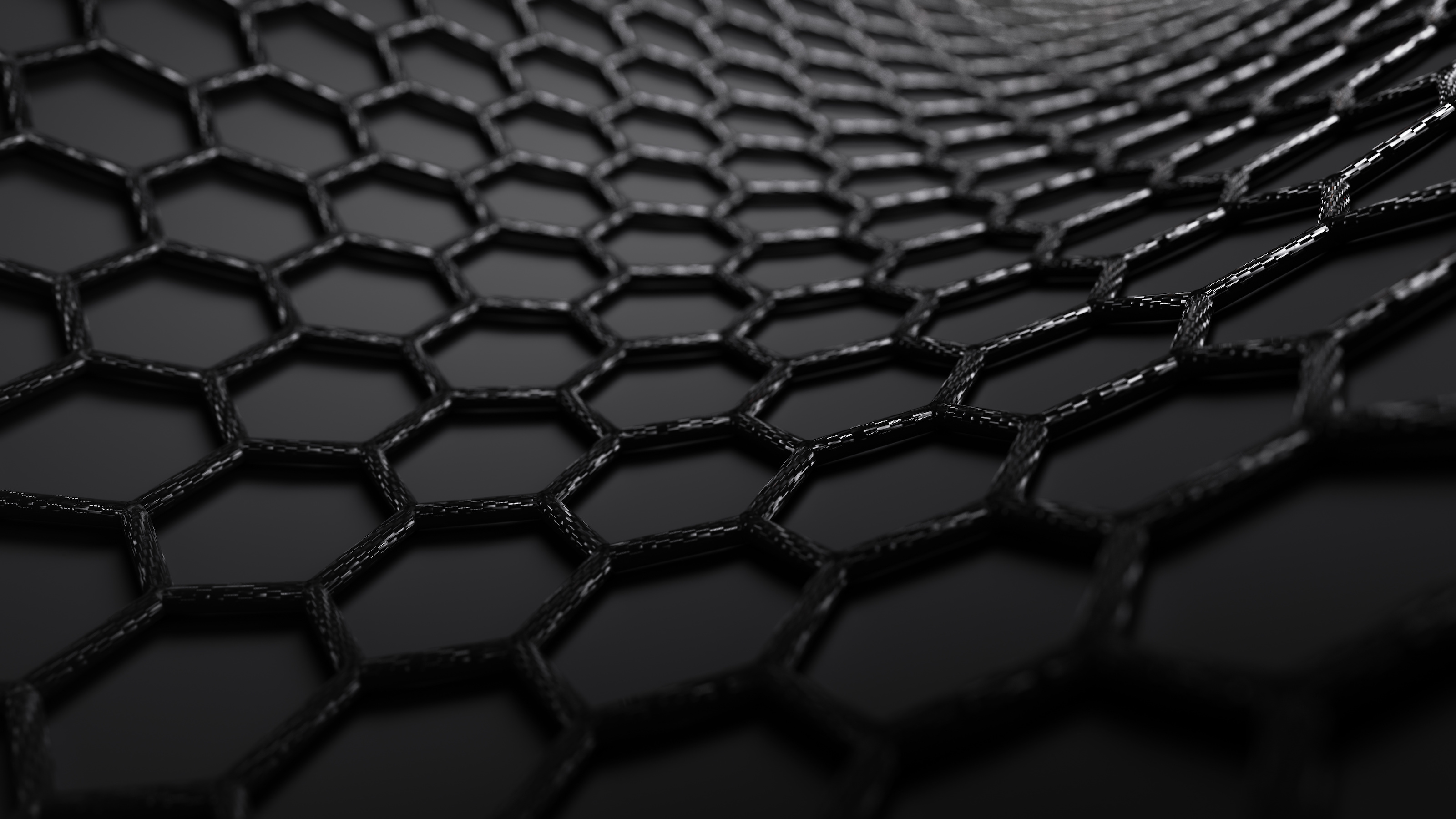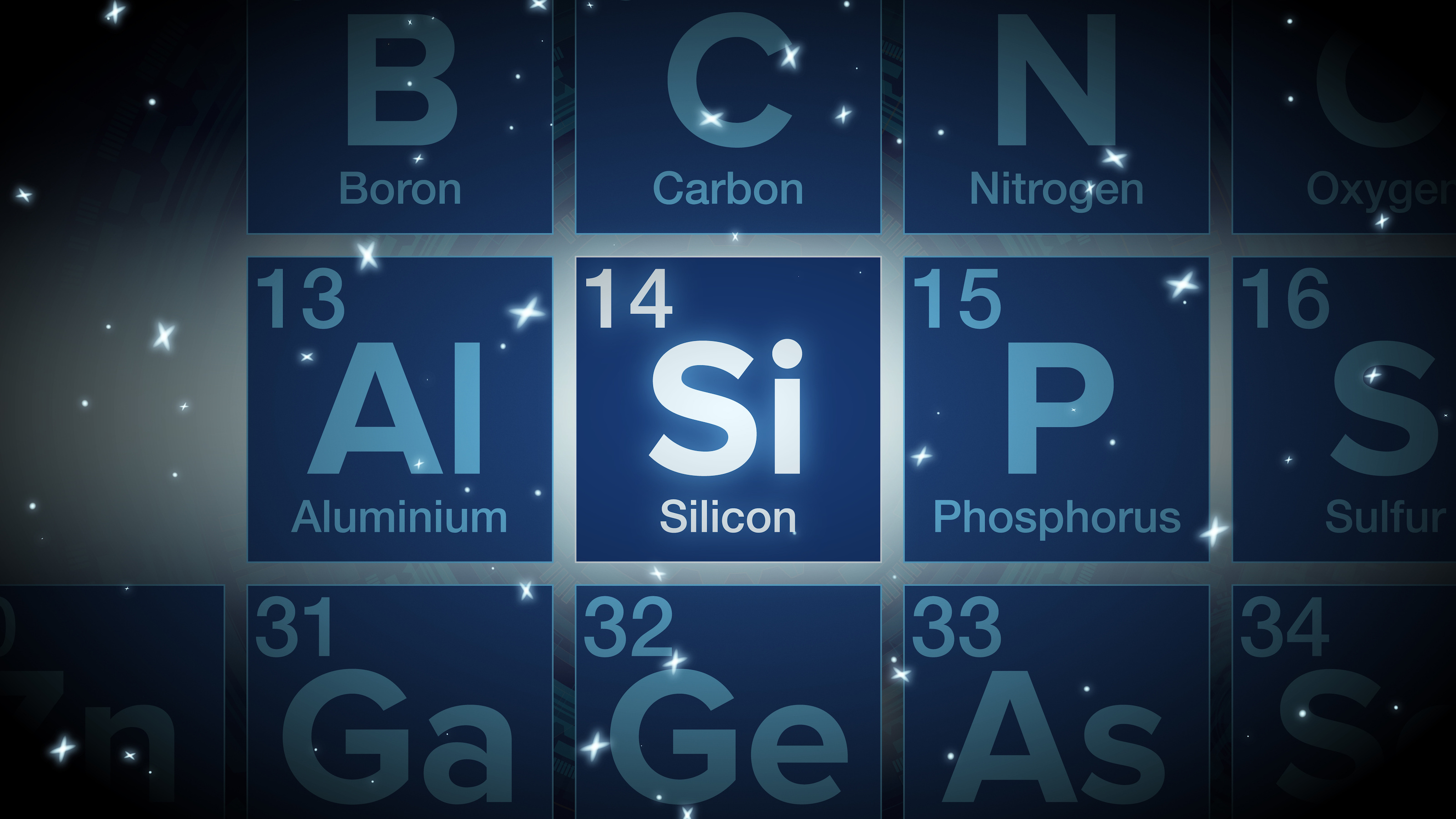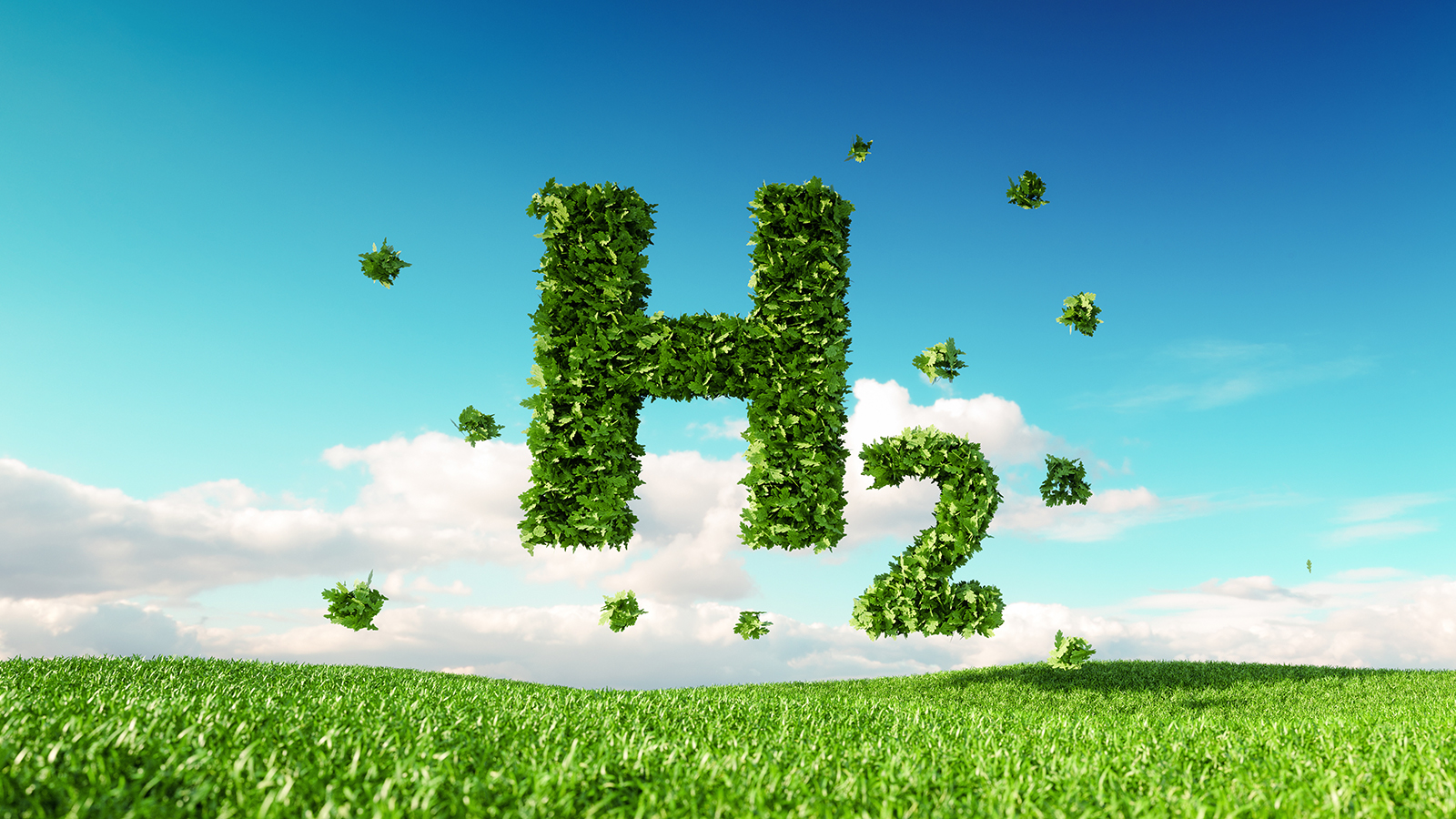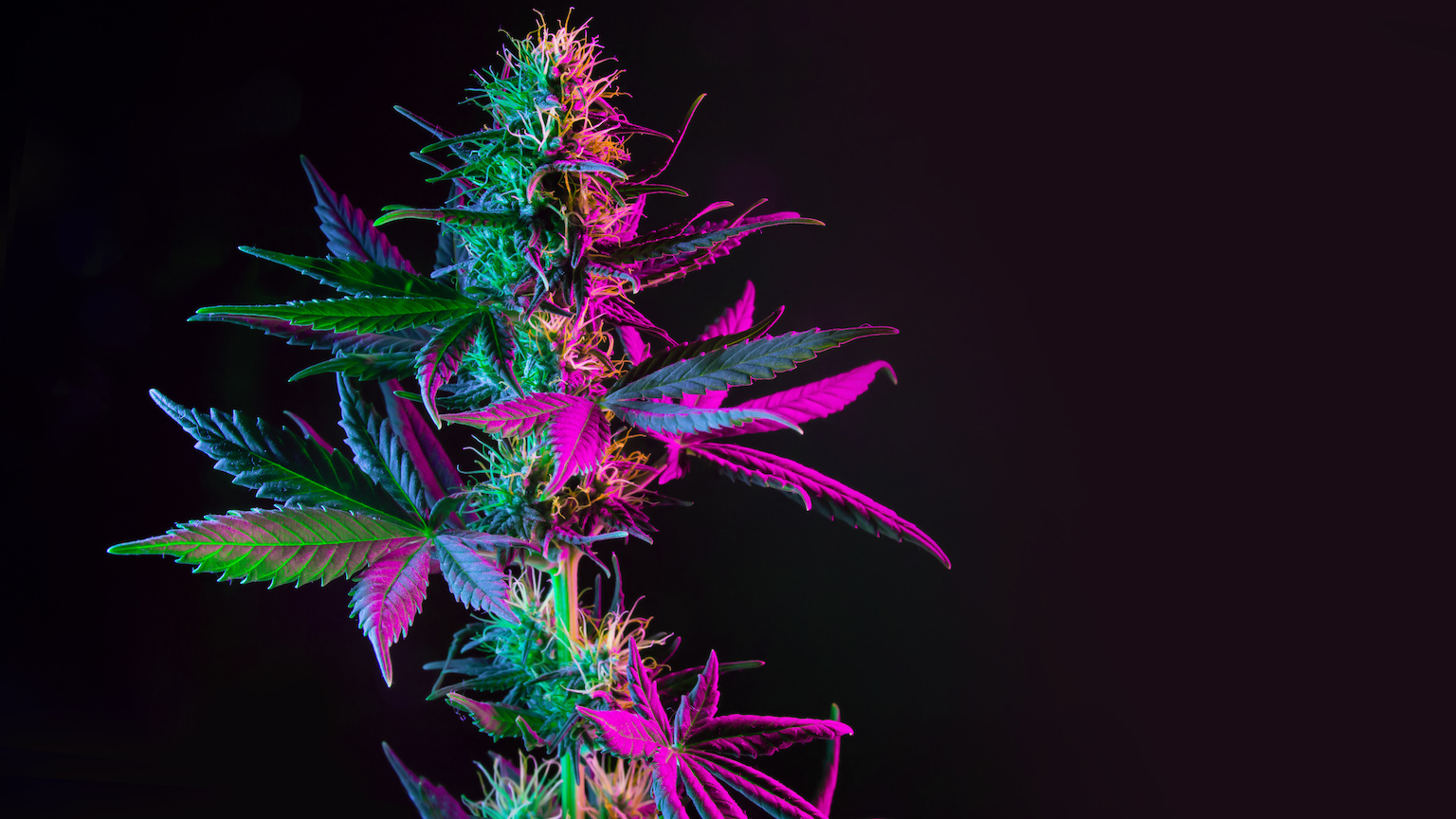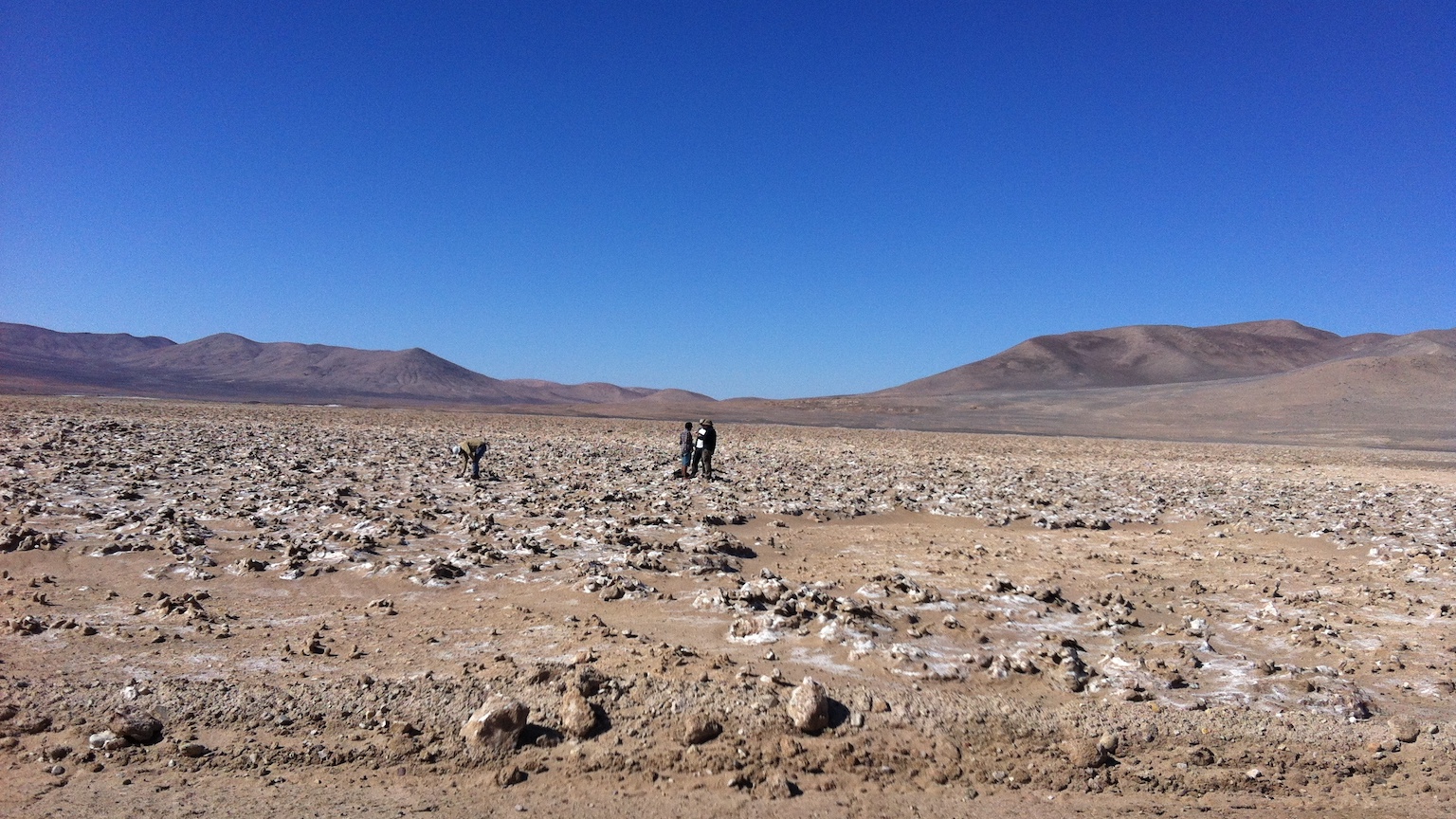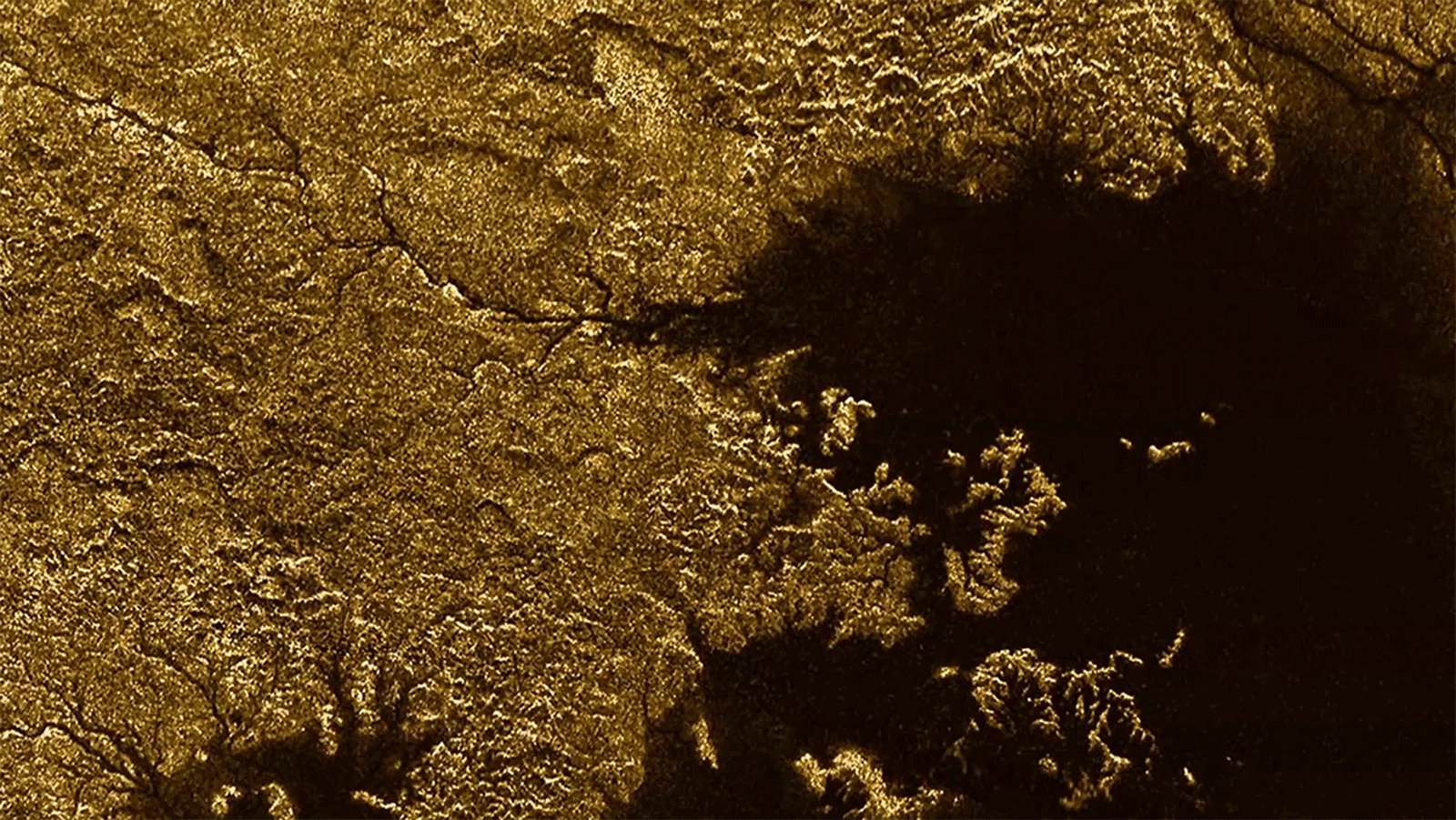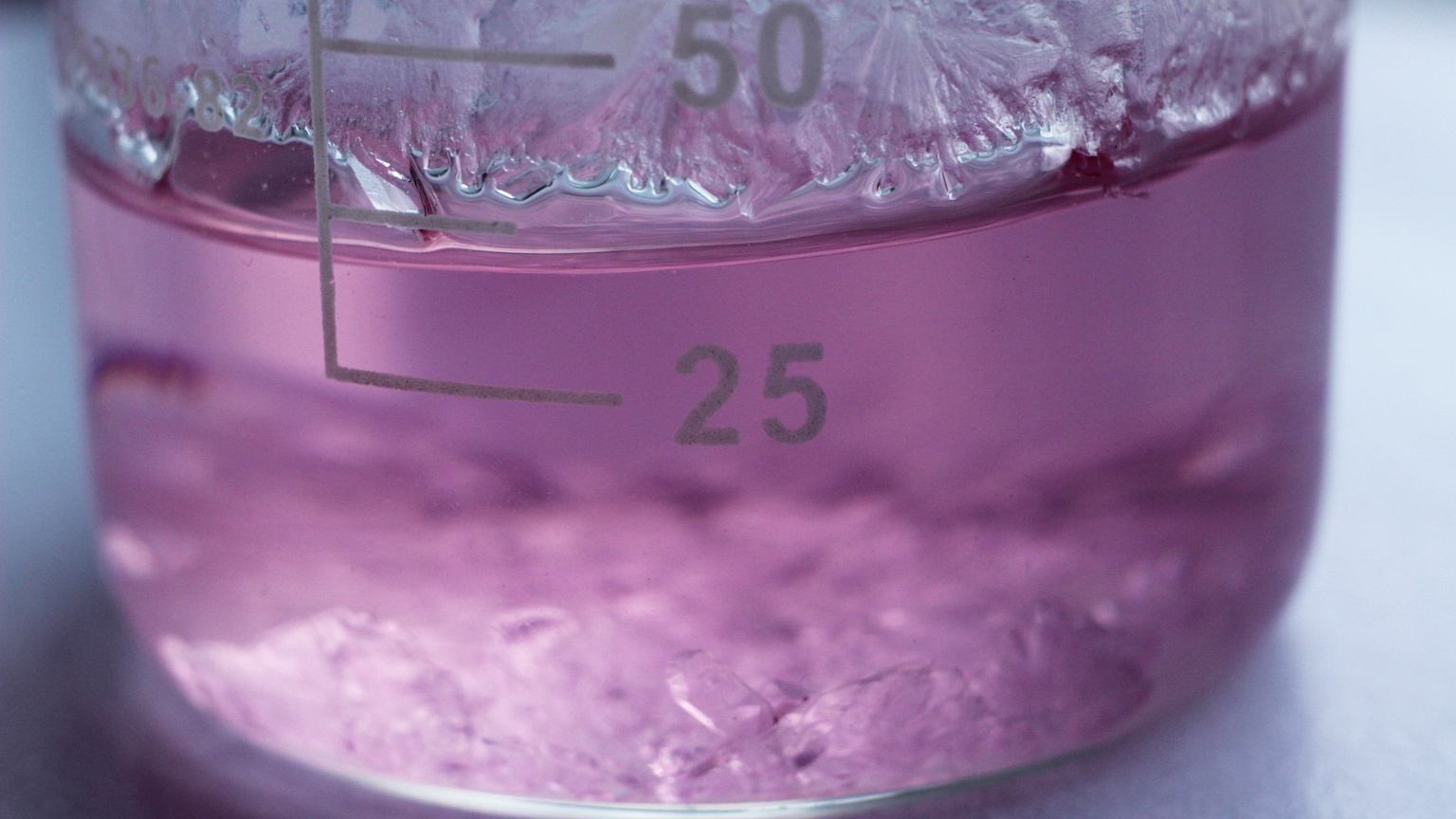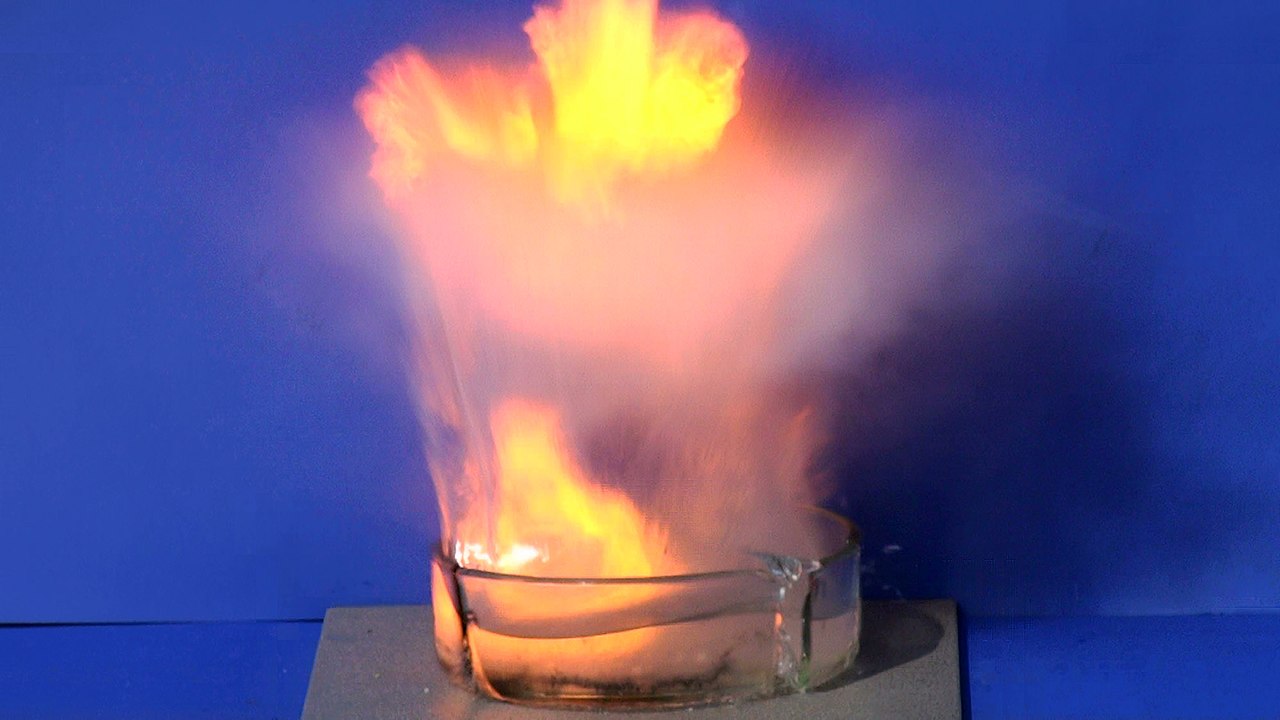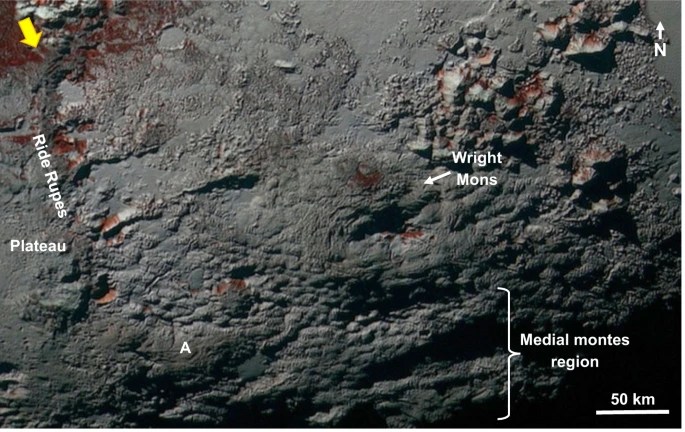chemistry
Organic molecules can be produced by living or non-living systems. But the recent findings are very intriguing.
One of the winners. Dr. K. Barry Sharpless, is now the fifth person in history to win two Nobels.
Based on product labeling claims, scientists hypothesized that green cleaners were less toxic. They were wrong.
It could one day fuel nuclear fusion reactors.
Venus Life Finder could launch as early as 2023.
The new material may make marine uranium extraction economically feasible.
Oxygen isn’t strictly necessary for combustion, but it is ideal. Any advanced (alien) civilization probably uses oxygen to burn things.
The synthetic cartilage was made from cellulose fibers — the stuff found in wood — mixed with a goo called polyvinyl alcohol.
Scientists turn to nature to improve a ubiquitous building material.
When scientists tested this hydrogel on mice, they had cleaner teeth than most humans.
Rare and costly paints have shaped art history in unforeseen ways. Mummy brown caused one artist to bury his paint.
A two-dimensional material made entirely of carbon called graphene won the Nobel Prize in 2010. Graphyne might be even better.
This is a great improvement over the typical brew time of 12 to 18 hours.
“This fourth wave will be worse than it’s ever been before.”
The emergence of life in the universe is as certain as the emergence of matter, gravity, and the stars. Life is the universe developing a memory, and our chemical detection system could find it.
Cement production currently accounts for 8% of global carbon emissions.
On Earth, carbon can form millions of compounds, while silicon is largely stuck inside rocks. But elsewhere, silicon could form the basis of life.
From the explosions themselves to their unique and vibrant colors, the fireworks displays we adore require quantum physics.
Before gunpowder was introduced to the West, medieval Arabs devised grenades using crockery.
A “bio-battery” made from genetically engineered bacteria could store excess renewable energy and release it as needed.
The long-standing debate over whether dinosaurs were more like birds or lizards is drawing to a close.
There are almost no standards governing the cannabis industry. Your favorite weed strain may contain unpleasant surprises.
It could make enough drinking water for a family of four.
The chemistry of cooking over an open flame.
Researchers have discovered 830-million-year-old microbes living inside a salt rock on Earth. Could the same occur on Mars?
The answer may lie in the particular way sand forms on Titan.
Crystallization is an entirely random process, so scientists have developed clever ways to investigate it at a molecular level.
Drop sodium in water, and a violent, even explosive reaction will occur. But quantum physics is needed to explain why.
We have long thought that Pluto was completely frozen solid, but the discovery of cryovolcanoes challenges that assumption.
